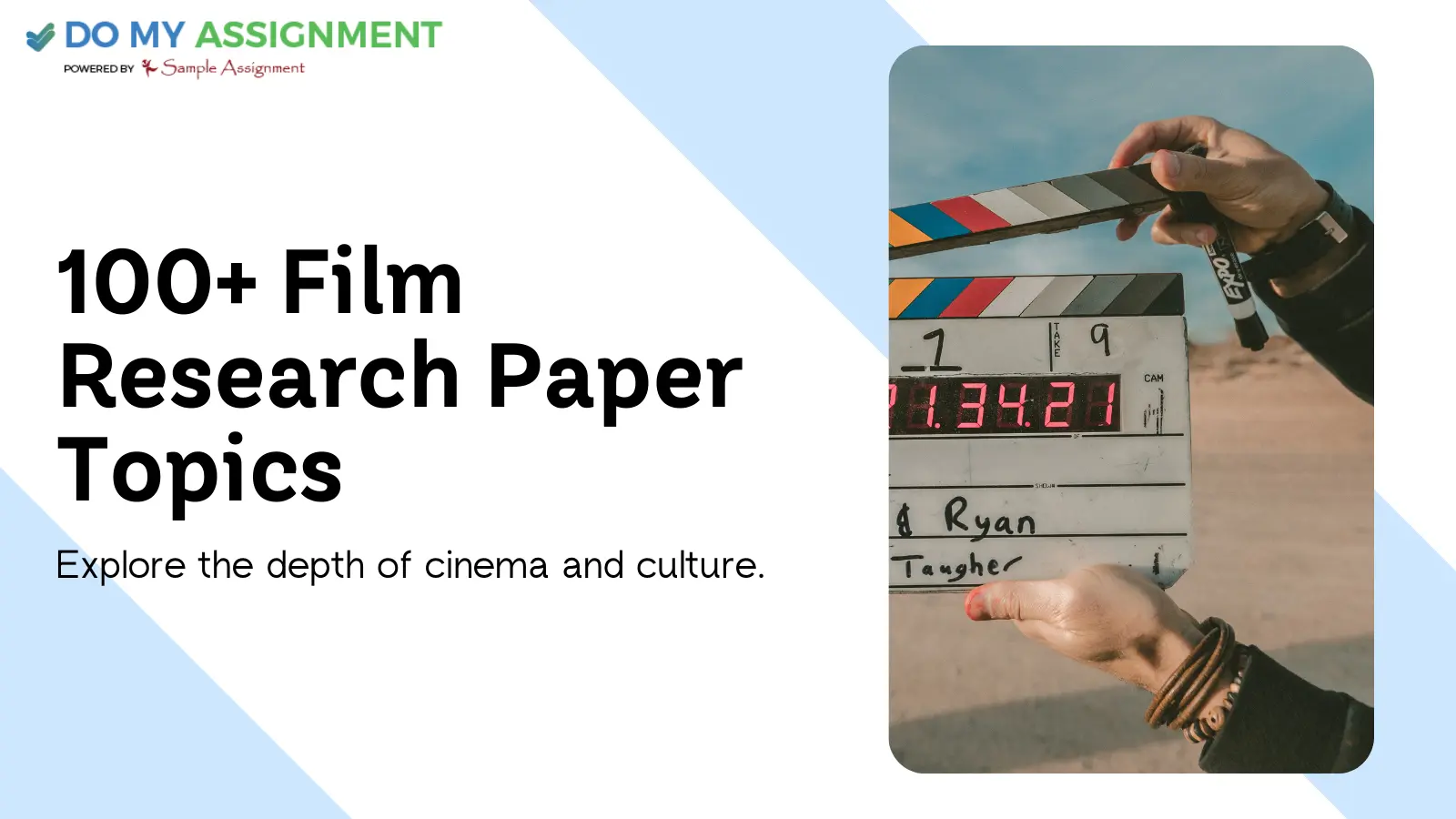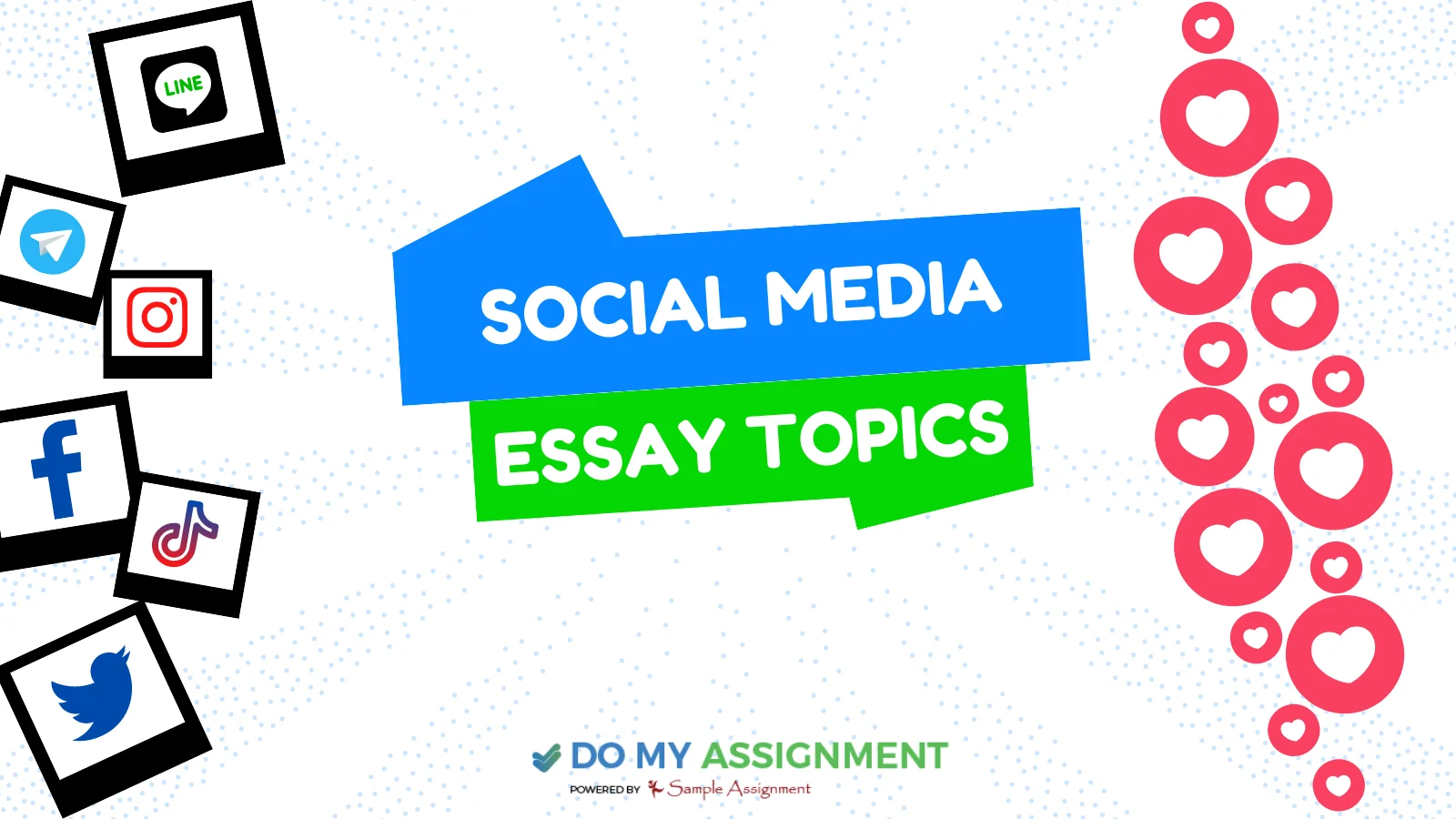The Rising Cost Of Education In Australia: An Investment Or A Burden

Highlights
 Understanding The Rising Cost Of Education In Australia
Understanding The Rising Cost Of Education In Australia Education as an Investment: Are Your Tuition Fees Going To Be Worth It?
Education as an Investment: Are Your Tuition Fees Going To Be Worth It? Education as a Burden: How To Manage Student Debt in Australia?
Education as a Burden: How To Manage Student Debt in Australia? Student Finance Tips: Practical Tips For Students To Manage Costs
Student Finance Tips: Practical Tips For Students To Manage Costs Making The Right Choice: Is Education In Australia Worth It?
Making The Right Choice: Is Education In Australia Worth It? Key Takeaways For Australian Students: How To Combat The Rising Cost Of Studying In Australia?
Key Takeaways For Australian Students: How To Combat The Rising Cost Of Studying In Australia? Conclusion
Conclusion
Getting to study in Australia is like winning a lottery ticket for many students. However, as you may have noticed, the price of this lottery ticket has increased a lot in recent years. So much so that it almost feels like the lottery winnings will not be profitable enough to cover the cost of the ticket. Well, it’s no surprise that education is an expensive endeavor. Tuition fees have increased, and the shadow of the HECS-HELP (student debt in Australia) debt looms over students like clouds in the sky. You might be thinking, ‘Is studying in Australia worth it despite the rising cost of education?’ Well, let us dissect the issue of the cost of studying in Australia and see how you can excel at managing education costs while also managing your living expenses.
Understanding The Rising Cost Of Education In Australia
First of all, we need to understand the reasons behind the constant increase in tuition fees in Australia. Simply put, it is hard to describe the rise of education costs as simply a fee increase; there are many other factors that you need to consider. Three elements contribute to the rising cost of education in Australia: tuition fees, the mechanics of HECS-HELP debt, and the mounting everyday expenses.
The Escalation of Tuition Fees
The tuition fee is probably the first thing that comes to your mind while discussing the cost of studying in Australia. Well, the fees are anything but cheap here. The humanities and communications field usually has fees of around $15,900 AUD post JRG. Not to mention that the percentage increase of the costliest courses is around 133%.
The Burden of HECS-HELP Indexation
The HELP debt grows faster than most graduates can pay off. The HELP indexation rate hit 7.1% in 2023, which is the highest figure in over 30 years. The indexation rate for student expenses in Australia hit 4.7% in mid-2024, proving that there is nothing but no decrease in the indexation rates.
The Weight of Non-Tuition Costs
Unsurprisingly, non-tuition costs tend to be even greater than tuition fees at times. You have to manage your living expenses, rent, food costs, and average weekly expenses spent on needs and wants, and not to mention the cost of transportation.
Education as an Investment: Are Your Tuition Fees Going To Be Worth It?
No matter how high the cost of tuition is in Australia, it is worth noting that a degree from an Australian university is still pretty valuable. The career opportunities an Australian university student can get are certainly immense, which begs the question, ‘Is education in Australia an investment?’ Well, let’s try to answer that question and see if the ‘education investment’ myth is true or not.
The Graduate Wage Premium
The graduate wage premium refers to the quantifiable wage advantage that graduates that degree holders have over those students who have only completed high school. You can constantly earn a steady stream of income as a graduate, and you’ll certainly have hundreds of thousands of dollars in savings after a 40-year career.
Stability and Career Resilience
In this economy, where layoffs have become more common than ever, being a graduate would give you a great degree of career stability. The cost of studying in Australia can easily be paid back if you land a high-paying job.
Access to High-Demand, Future-Proof Sectors
The Australian government has reduced the tuition fees in Australia for those subjects/courses that are facing acute labor shortages. Plus, you will also be able to study in sectors that are growing faster and becoming more prominent in the future.
Education as a Burden: How To Manage Student Debt in Australia?
Although it is not entirely wrong to say that the ‘education investment’ discourse holds a lot of weight, there are unfortunately a lot of counterarguments to that discourse. You see, the high cost of studying in Australia has definitely become a burden in one way or another. In this section, let us try to understand whether student expenses in Australia are worth it or not.
The Debt Trap
Unlike a regular loan, your HELP debt can actually grow faster than you are required to pay it. For graduates in lower-income or less subsidized fields, the indexation rate is a staggering 7.1% per year.
The Opportunity Cost of Study
While the ‘education investment’ argument comes from the focus on higher lifetime earnings, the ‘education burden’ argument focuses on the time and money lost during the studying time. This is also why, thanks in part to the high cost of living, students have to work paid part-time jobs to sustain themselves.
Strategies for Managing and Minimizing the HELP Debt Burden
There are strategies you can use that will help you combat the HELP debt trap. You can focus more on your career than your lifestyle so that you become more attractive to recruiters, and you should prioritize voluntary student debt Australia payments instead of waiting for the indexation date.
Student Finance Tips: Practical Tips For Students To Manage Costs
Whether you consider education to be an investment or a burden, there is no denying that education in Australia is expensive. If you still insist on studying in Australia, it might be helpful to learn some basic yet necessary student budgeting tips that will go a long way in helping you save money. Here are some tips that you can practice to manage your finances in Australia.
Master the Micro-Budget
One of the best student budgeting tips, especially in an expensive country like Australia, is to implement the 50/30/20 rule for spending. Essentially, it states that you should allocate 50% spending to needs, 30% to wants, and 20% to savings/debt.
Strategic Housing Decisions
Rent is likely going to be the biggest contributor to your overall spending. To reduce your rent as much as possible, you can look for share-housing facilities and live outside the inner ring of your university campus to reduce travel costs.
Tackle HECS-HELP Indexation Annually
If you have enough savings, then we highly suggest that you make your HECS-HELP payment before the indexation date on June 1 of each year. This is one of the best techniques that will help you in managing education costs, as you can prevent your debt from becoming inflated.
Become a Proactive Meal Prepper
Food costs are variable, but you can still save on your expenses by preparing your meals beforehand and prioritizing home cooking. Food delivery apps will unnecessarily charge you an extra 20%-40% for delivery alone.
Leverage Student Status and Perks
Lastly, students in Australia can get several benefits just for being a student. For example, they can get public transport concessions, and software like Microsoft Office and Adobe Creative Cloud also offer discounts to students. Plus, you can use assignment help services to reduce the costs of assignment writing.
Making The Right Choice: Is Education In Australia Worth It?
It is not a reach to say that we have no clear answer to this question. Some people would strongly suggest that you go ahead with education in Australia, whereas some would suggest that you should save your money and avoid student debt Australia. Either way, the ‘worth it’ factor of studying in Australia is strongly dependent on three factors: the student’s financial discipline, the field of study, and the individual’s long-term career resilience.
It is not totally a losing battle for the students who think that studying in Australia is expensive. There are still many ways that you can save your money, especially with scholarships and financial aid Australia. You can apply for government scholarships and allowances through Centrelink Student Payments. Full-time students aged 16-24 can apply for youth allowances, and students older than 25 can apply for Austudy.
In fact, different universities offer scholarships based on merit, assuming you have high ATAR scores or high distinction averages. Similarly, you can also avail industry-sponsored scholarships that often come with mentorship and internship opportunities. Several trusts and funds run ‘affordable education Australia’ schemes that can be availed by both domestic and international students.
Key Takeaways For Australian Students: How To Combat The Rising Cost Of Studying In Australia?
Before we conclude, it is important to discuss some of the ways that you can combat the rising cost of education in Australia. Keep in mind that studying in Australia is still a very valuable opportunity, even though it may seem like the costs are too high. Here are some student finance tips that will help you save money while pursuing your education in Australia.
- Prioritize voluntary HELP student debt Australia repayments before the annual June 1st index date so that your principal won’t be subject to inflation.
- Use a strict micro-budget to track and control discretionary spending. Try to use a 50/30/20 spending rule whenever possible.
- You can choose share-house living and outer-ring housing as a way to significantly reduce student expenses in Australia.
- Try to aggressively apply for affordable education in Australia schemes and scholarships.
- Claim as many Centrelink student payments as you can, and remember to constantly check your eligibility.
- Check the median graduate salary for your chosen degree and see whether the long-term return on investment justifies the high tuition fees Australian universities demand.
- Adopt meal prepping and home cooking in your schedule to reduce the costs incurred by ordering food.
- Limit non-study paid work as much as you can so that you can save opportunity cost and also improve your academic performance.
- You can use your student ID to get public transport concessions in Australia. Using that will make managing education costs easy for you.
- After graduation, ensure that your income grows fast so that you can repay the HELP debt before the indexation date.
Conclusion
In conclusion, it is important to reiterate that the cost of studying in Australia is very high; that’s for certain, but it can also yield a great return on your investment. That solely depends on how viable your career choice is and how good you are at maximising your income after graduation. All you need to know is that, despite the rising cost of education, studying in Australia is still a good opportunity that you can seriously consider going forward. Oh, and did someone tell you how hard the assignments are in Australian academia? They didn’t? Don’t worry! If you face any sort of difficulty with your assignments, feel free to reach out to us at Do My Assignment Australia.
Nick Johnson
Nick is a multi-faceted individual with diverse interests. I love teaching young students through coaching or writing who always gathered praise for a sharp calculative mind. I own a positive outlook towards life and also give motivational speeches for young kids and college students.







